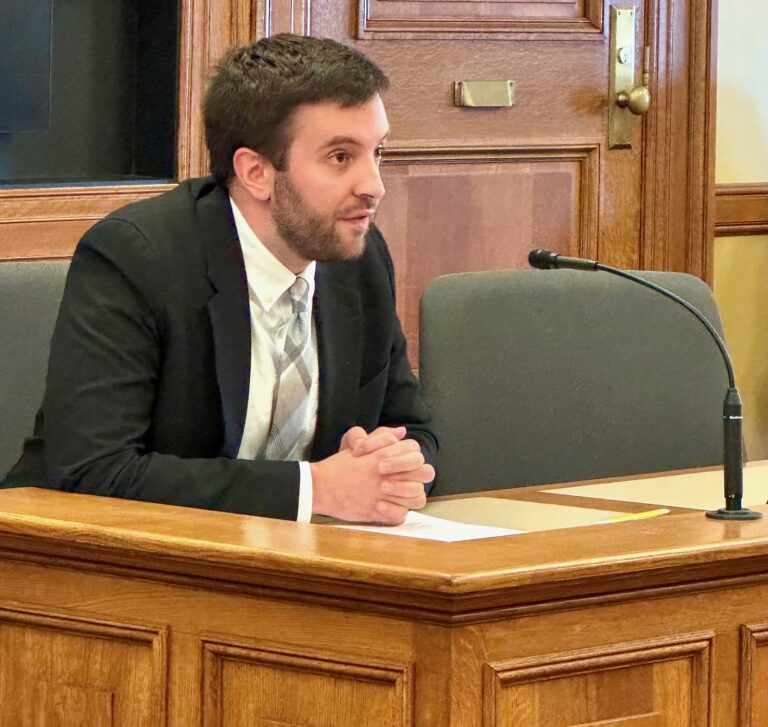DOJ argues Krug didn’t violate law, request was “ambiguous”
By Wisconsin Newspaper Association
MADISON – A coalition of open government advocates asked a state appeals court earlier this month to reject Rep. Scott Krug’s (R-Nekoosa) argument he isn’t required to provide records electronically.
The Wisconsin Institute for Law & Liberty, the MacIver Institute for Public Policy, the Badger Institute, Americans for Prosperity and the Wisconsin Freedom of Information Council, of which the WNA is a member, filed a brief earlier this month arguing Krug should be required to provide records electronically if they exist in that format. The lawsuit was filed by Bill Lueders, president of the FOIC and editor of The Progressive magazine, after Krug provided paper records following Lueders’ request the emails be provided in electronic format.
- RELATED: Read Brief of Amicus Curiae
- RELATED: Read DOJ’s Reply Brief
A circuit court judge in January ruled in Lueders’ favor and, in March, the Department of Justice appealed the decision on behalf of the state.
Original format
The coalition’s attorneys wrote the case isn’t about whether requesters can demand records in any format they want. It’s about whether they can request records be provided in their original format. The brief pointed out that crucial information like metadata is lacking from a printed document and cannot truly be a “copy” of an electronic record.
The brief went on to cite the public records law’s definition of a record, which is expansive and focuses on the material on which the information is stored:
“… any material on which written, drawn, printed, spoken, visual, or electromagnetic information or electronically generated or stored data is recorded or preserved, regardless of physical form or characteristics …”
DOJ reply
Assistant Attorney General Jennifer Vandermeuse responded to the coalition’s brief on Wednesday, stating the law doesn’t require records be provided in the requester’s preferred format and doing so would “place an unreasonable burden on records custodians.” She claimed Lueders’ request for records “in electronic form, as an email folder or on a flash drive or CD” was “ambiguous” and didn’t specify the request was for records in their “native format.”
Vandermeuse also wrote that claims copies should be “substantially as good” as the original isn’t the proper standard, because it’s not cited from state statutes. The direction originates from the Attorney General’s Compliance Guide and an Executive Order by Gov. Scott Walker — sources that “merely offer guidance.”
WILL filed a similar lawsuit in February against Democratic state lawmaker Jonathan Brostoff, of Milwaukee, after his office said it would cost $3,239 for printing and search time to provide records the group had requested.



